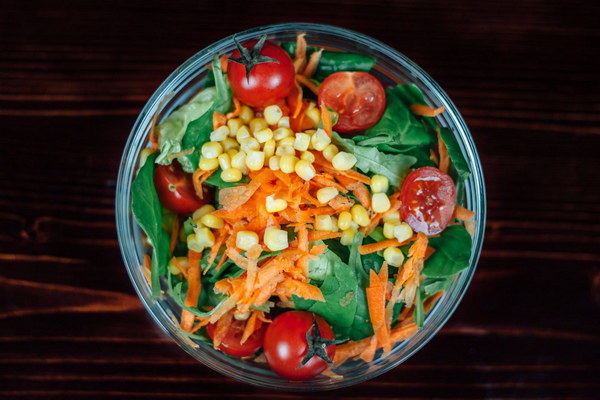PostGastric Sleeve Surgery Nurturing Your Stomach for LongTerm Health
After undergoing a gastric sleeve surgery, the journey to recovery and long-term health doesn't end with the surgery itself. It's crucial to adopt a mindful approach to nurturing your stomach and overall well-being. Here's a comprehensive guide on how to take care of your stomach post-gastric sleeve surgery.
1. Understanding the New Stomach
The first step in nurturing your stomach after gastric sleeve surgery is to understand its new capacity. The surgery reduces the size of your stomach, which means you'll need to adjust your eating habits accordingly. Here's what you should know:
- Smaller Stomach: Your new stomach can hold only about a cup of food at a time.

- Rapid Satiety: You'll feel full quickly, so portion control is essential.
- Food Digestion: The surgery doesn't affect the digestive tract, so your body will still break down food in the usual way.
2. Nutritional Balance
A well-balanced diet is vital for post-surgery recovery and long-term health. Here's how to ensure you're getting the right nutrients:
- Protein: High-quality protein is essential for muscle repair and overall health. Include lean meats, fish, eggs, dairy, and plant-based sources like beans and lentils.
- Fiber: High-fiber foods help prevent constipation and keep you feeling full. Aim for a variety of fruits, vegetables, whole grains, and legumes.
- Vitamins and Minerals: Take a multivitamin supplement to ensure you're getting essential nutrients, as the surgery can affect absorption. Be particularly mindful of vitamins B12, iron, and calcium.
- Hydration: Drink plenty of water throughout the day to stay hydrated and aid digestion. Aim for at least 64 ounces (about 2 liters) per day.
3. Portion Control
One of the most challenging aspects of life after gastric sleeve surgery is learning to control portions. Here are some tips:
- Use Smaller Plates: This visual cue can help you eat less.
- Listen to Your Body: Pay attention to hunger and fullness cues. Stop eating when you're no longer hungry.
- Plan Meals: Pre-portioning food can help you avoid overeating.
4. Eating Habits
Developing healthy eating habits is key to maintaining your stomach's health:
- Chew Thoroughly: Chewing your food well helps with digestion and prevents choking.
- Avoid High-Fat Foods: Foods high in fat can cause discomfort and may slow digestion.
- Stay Hydrated: Drink water between meals, not with meals, to prevent diluting digestive juices.
5. Regular Exercise
Physical activity is important for overall health and can help you maintain a healthy weight:
- Start Slowly: Begin with light activities like walking and build up gradually.
- Stay Active: Aim for at least 30 minutes of moderate exercise most days of the week.
- Incorporate Strength Training: Strengthening your muscles can improve your metabolism and overall health.
6. Mindful Eating
Eating should be a mindful experience, not just a way to fill your stomach:
- Eat Slowly: Take your time to enjoy your meals and savor each bite.
- Avoid Distractions: Turn off electronic devices and focus on your food and the experience.
- Practice Gratitude: Be thankful for the food you have and the opportunity to nourish your body.
7. Follow-Up with Your Doctor
Regular follow-ups with your surgeon and a registered dietitian are important to monitor your progress and make any necessary adjustments to your diet and lifestyle.
By following these guidelines, you can nurture your stomach and support your health after gastric sleeve surgery. Remember, patience and consistency are key to a successful and sustainable recovery.









